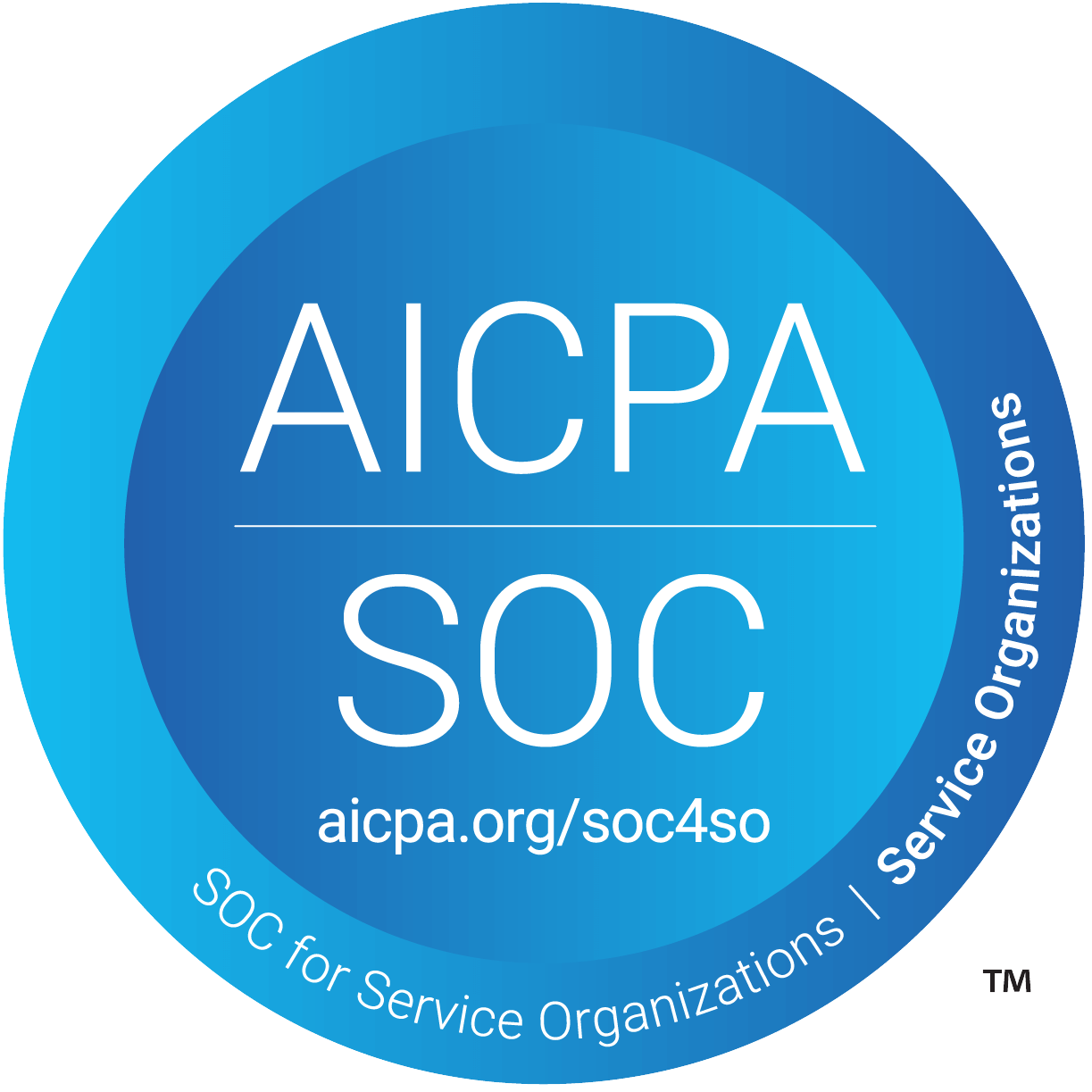A Customer Support KPI Solution Built to Improve Customer Satisfaction
TargetBoard unifies ticketing, delivery and support data to give service leaders the clarity to forecast demand, manage performance, and drive measurable improvements in service quality.
Turn Raw Data Into Business-Aligned KPIs
TargetBoard centralizes ticketing, CRM, and QA data to help support and customer support teams track core KPIs like resolution time, SLA performance, CSAT, and retention. By unifying support metrics in one platform, leaders get real-time visibility into performance and customer experience.
Integrates With Your Customer Support Stack
TargetBoard connects with tools like Zendesk, Salesforce Service Cloud, Freshdesk, Jira Service Management, and Intercom to ensure unified, accurate, and audit-ready metrics across the entire customer lifecycle, from case creation to customer follow-up.
‘TargetBoard enabled us to centralize data from multiple tools, visualize insights that were previously hard to access, and proactively manage KPIs with targets and real-time alerts.”
Deanna S. - Technical Support Lead


Why Customer Support Leaders Choose TargetBoard
.svg)
Out-of-the-Box KPI Catalogs
Predefined frameworks ready
to deploy and customize.
to deploy and customize.

Built for Instant Adoption
From setup to insights in days, no heavy lifting required.

Real-Time Dashboards
Visibility across all systems, always accurate and up to date.
.svg)
Cross-Functional Alignment
Connects teams, metrics,
and outcomes in one shared view.
and outcomes in one shared view.

Governance You Can Trust
Version-controlled KPI logic and audit-ready transparency.
Mastering Customer Support KPIs
Improve customer experience by integrating ticketing, CRM, QA, and product data into a single solution. Accurately track case volume, SLA compliance, resolution efficiency, self-service performance, and escalation trends to align your support strategy with retention and satisfaction outcomes.
Browse Metrics.svg)
Mastering KPIs & Metrics

.svg)
Explore How Other Teams Use TargetBoard AI
Common Questions About Customer Support KPIs
What are the most important Customer Support KPIs to track?
Key Customer Success KPIs include case volume, SLA compliance, first-contact resolution, backlog health, CSAT, self-service performance, and escalation trends. These metrics help CS leaders measure efficiency, quality, and customer experience.
How can TargetBoard improve Customer Support performance?
TargetBoard unifies data from ticketing, CRM, QA, and product systems to give leaders real-time visibility into support operations. It helps improve forecasting, resolution quality, SLA consistency, and overall customer experience.
Which Customer Support tools does TargetBoard integrate with?
TargetBoard integrates with leading CS and support platforms such as Zendesk, Salesforce Service Cloud, Freshdesk, Jira Service Management, and Intercom, keeping your KPIs unified and accurate across all workflows.
What if our Customer Support systems aren’t listed?
If your tools aren’t listed, TargetBoard can typically connect through custom integrations or APIs. Our team ensures your support and CX data flows seamlessly into the platform.
Is TargetBoard secure for sensitive customer data?
Yes. TargetBoard follows enterprise-grade security best practices, including data encryption, access controls, audit logs, and SOC 2–aligned compliance, ensuring customer data stays protected and audit-ready.
Can we customize our Customer Support KPI framework?
Absolutely. TargetBoard allows you to customize KPI definitions, formulas, thresholds, segments, and dashboards so your metrics match your customer success strategy and operational model.






.png)
.png)


.png)






